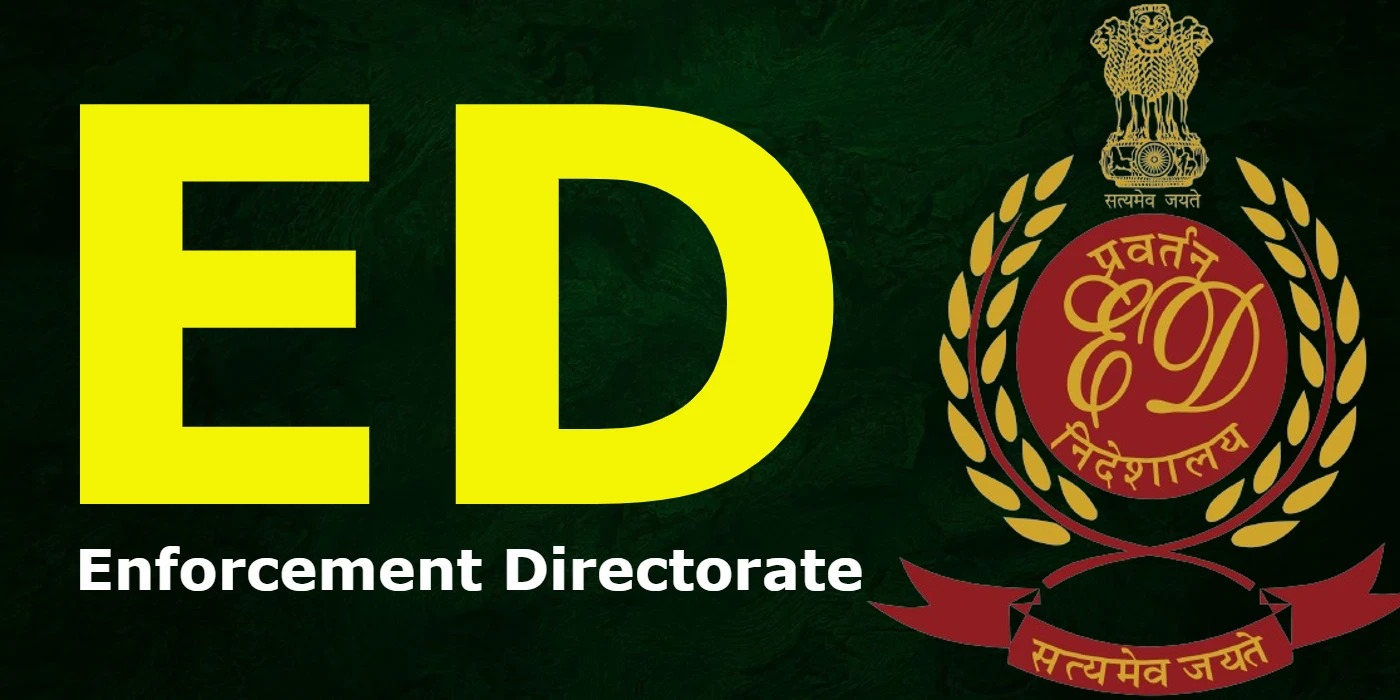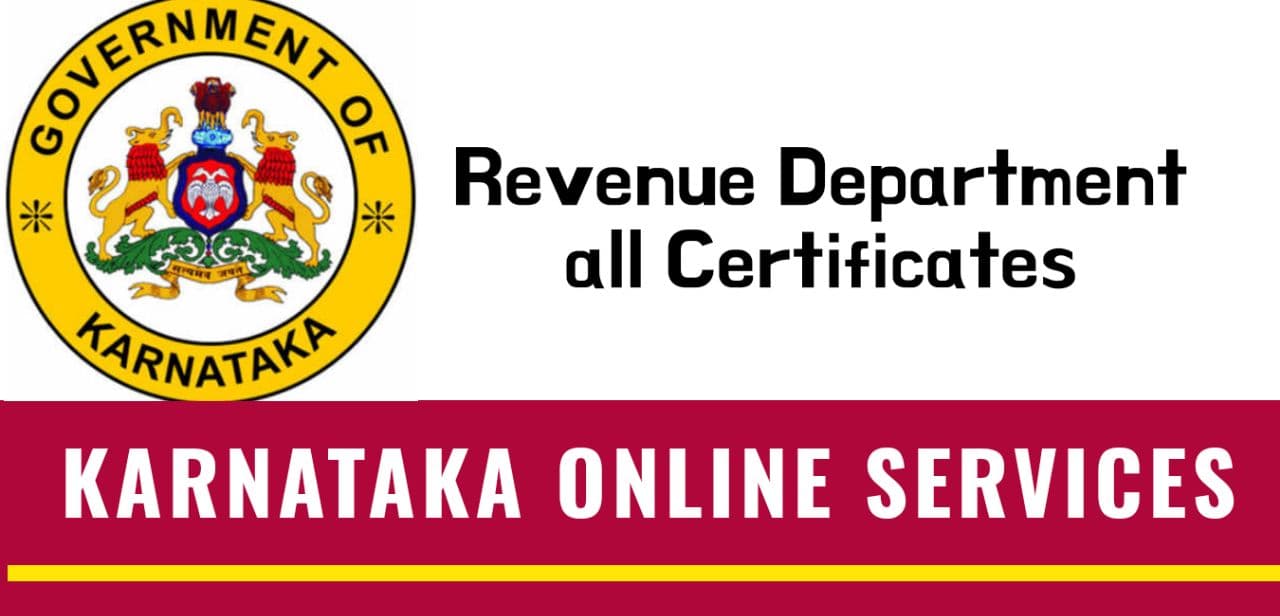Gopala Krishna Tamada, J.@mdashThis revision is directed against the orders dated 24.11.2003 passed in Crl. M.P. No. 5258 of 2003 in C.C. No. 236 of 2000 on the file of the III Metropolitan Magistrate, Visakhapatnam whereby the learned Magistrate discharged Respondents who are A1, A2 and A4 for the offence u/s 138 of the Negotiable Instruments Act, 1881 (for short "the Act").
2. The brief facts of the case are that there were certain transactions between the Petitioner-complainant and the Respondents-accused and in that context, it appears some cheques have been issued by the Respondents in favour of the Petitioner. When the said cheques were presented, they were returned by the Bank with an endorsement "insufficiency of funds" and in the light of the said bouncing of cheques, the Petitioner after following the procedure provided for u/s 138 of the Act filed a private complaint and the same was taken on file and numbered as CC. No. 236 of 2000. During the pendency of the case A5 died and the case against A3 was separated for the reason that summons were not served on him. Contending that they have nothing to do with the issuance of cheques or any transaction, the Respondents filed Crl. M.P. No. 5258 of 2003 u/s 258 Code of Criminal Procedure and as stated supra the said petition was allowed by the court below and the Respondents were discharged from the said case.
3. Learned Counsel for the Petitioner Mr. C. Praveen Kumar strenuously contended before this Court that the said offence punishable u/s 138 of the Act on the basis of which the complaint was filed is only a summons case and in summons case question of discharge u/s 258 Code of Criminal Procedure does not arise.
4. Learned Counsel appearing for the Respondents submitted that initially questioning the said proceedings, the Respondents have approached this Court invoking jurisdiction of this Court u/s 482 Code of Criminal Procedure and this Court while dismissing the said petition directed the Respondents to move the court below pleading discharge and in those circumstances, the only application to be filed is u/s 258 Code of Criminal Procedure and the court below rightly discharged the Respondents.
5. In the light of the said submissions, it is necessary to refer to some of the provisions of Code of Criminal Procedure which deal with discharge. According to Code of Criminal Procedure there are three types of cases. They are 1) Summary trial cases 2) Warrant cases and 3) Summons cases and the procedure to deal with these three types of cases is laid down under various provisions of law.
6. Chapter XIX of Code of Criminal Procedure deals with trial of warrant cases by magistrates. In the said chapter, sub chapter (A) deals with cases instituted upon a police report and sub chapter (B) deals with cases instituted otherwise than on police report. Chapter XX deals with trial of summons cases by Magistrates. Chapter XXI deals with summary trials.
7. Section 239 Code of Criminal Procedure deals with the procedure, when the accused can be discharged. In accordance with the provision of law, if upon considering the police report and the documents sent with it u/s 173 and making such examination, if any, of the accused as the Magistrate thinks necessary and after giving the prosecution and the accused an opportunity of being heard, the Magistrate considers the charge against the accused to be groundless, he shall discharge the accused, and record his reasons for so doing.
8. From the above provision of law, it is clear that there shall be a police report. In the absence of any report by the police, the question of discharge does not arise. However, if a case is instituted otherwise than on police report as provided under Sub chapter (B) of Chapter XIX, of course, the Court has the power to stop proceedings in certain cases.
9. Now it is apt to refer to Section 258 Code of Criminal Procedure under which the present application has been filed. Section 258 Code of Criminal Procedure deals with power of the Court to stop proceedings in certain cases. In any summons case instituted otherwise than upon complaint, a Magistrate of I class or with the previous sanction of Chief Judicial Magistrate, any other Judicial Magistrate, may for reasons to be recorded by him stop the proceedings at any stage without pronouncing any judgment. But here it is a case where it is instituted on a complaint by the complainant. In those circumstances, Section 258 Code of Criminal Procedure has no application and in my considered view, the only remedy available to the Respondents is to file an application u/s 482 Code of Criminal Procedure However, the petition filed previously was dismissed with a direction to the Respondents to move the court below by filing an application pleading discharge and as stated supra the present order has been passed. As the law is very clear that in a summons case, the question of discharge does not arise, this Court has no hesitation to come to the conclusion that the said order which is impugned in this revision is contrary to law and it is liable to be set aside and accordingly this revision is allowed and the order impugned in this revision is hereby set aside. However, if the Respondents so choose may approach this Court and file the application u/s 482 of Code of Criminal Procedure afresh and they may bring these facts to the knowledge of this Court.
10. The criminal revision case is allowed accordingly.

